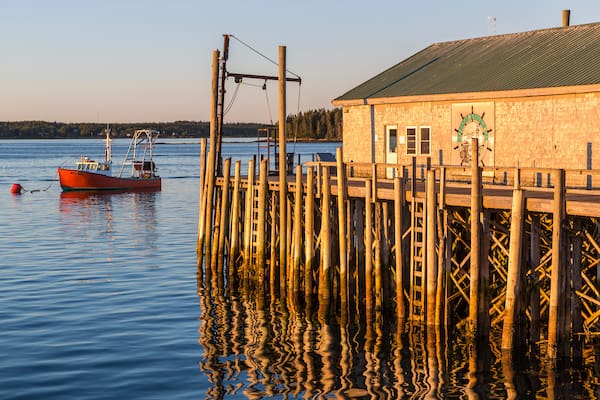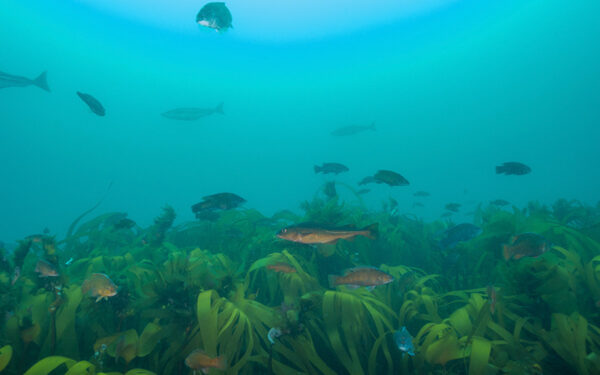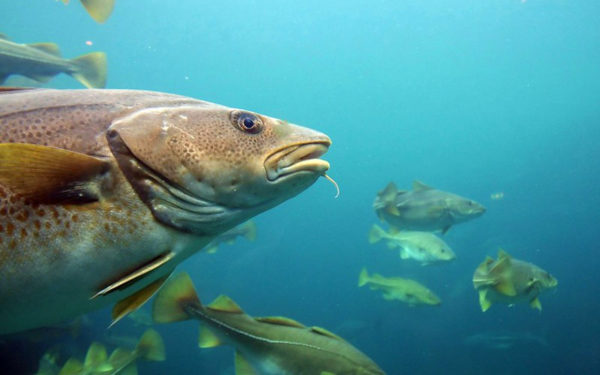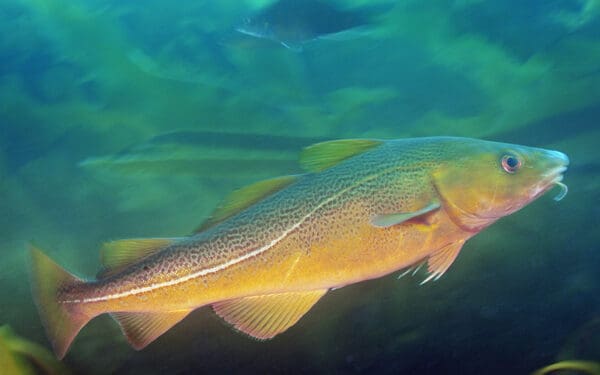
On Monday, September 25, a federal court sentenced New England fishing magnate Carlos Rafael – “the Codfather”– to 46 months incarceration, a $200,000 fine, and three years’ probation, during which he is barred from the fishing industry. The sentence sends a strong message that systemic abuse of our fishery resources and management mechanisms will not be tolerated.
The Case of the Codfather
Rafael’s story reads like a movie script, and is compared – even in jest – to “the Godfather” for good reason. The Codfather was the largest player in New England’s groundfish industry, seemingly unaffected by tight regulations as other fishing businesses collapsed around him. But when Rafael announced plans to sell his business, it piqued the government’s interest.
In early 2016, undercover agents posing as Russian buyers discovered years of illegal activity, leading to Rafael’s arrest. Ultimately, Carlos Rafael pleaded guilty to 28 criminal charges, including conspiracy, misreporting fish to the federal government, tax evasion, and cash smuggling – amounting to the largest case of admitted criminal fishing behavior in U.S. history.
New England fishermen suffer damages
Now, we can’t blame Rafael for singlehandedly orchestrating the collapse of New England’s groundfish fishery and the terrible toll that has taken on the region’s fishing families. But one has to wonder how significant a role he played, and how the management system we rely on to oversee our fishery could have allowed for crimes of this magnitude to occur.
By chronically lying about the species he caught, Rafael potentially skewed our understanding of important fish populations in New England, setting back decades-long efforts to end overfishing and rebuild stocks. This is especially poignant considering the ongoing struggle to stop the decline of our most iconic fish – the Atlantic cod – and the plight of small-boat fishermen still trying to make a living from it.
Additionally, one could argue that the low levels of at-sea monitoring coverage for fishing trips in New England’s groundfish fishery (which topped out at a whopping 14 percent of trips last year) contributed to the success of Rafael’s scheme. The New England Fishery Management Council, which is responsible for establishing the levels of monitoring coverage, waited until after the sentencing hearing to come out with a statement admonishing Carlos Rafael – and even then, it was weak at best.
But now, with Rafael paying penance for his crimes, it’s time to turn our focus toward the future.
Achieving accountability
We hope that fishermen in New England who have been negatively impacted by Rafael’s illegal activities are reassured by his firm sentencing and believe that we can move beyond this dark point in New England’s fishing history. Going forward, it will be critical to implement stronger monitoring and enforcement at sea to ensure New England’s fishing industry operates on a level playing field for all boats in the water – so nothing like this ever happens again.
Fortunately, the New England Fishery Management Council has a timely opportunity to do just that. An upcoming meeting will include discussion of a measure analyzing a number of options that could result in changes to fishing-boat monitoring and reporting procedures.
Lastly, even though we have learned the fate of Carlos Rafael himself, the public has yet to learn the fate of his 13 groundfish vessels and associated fishing permits. Many concerned citizens and organizations, including the U.S. government and local elected officials, have requested that the Court require the vessels and permits to be forfeited. The funds from the forfeiture could then be put towards a restitution fund for local fishing communities affected by Rafael’s illegal activities, as well as implementation of electronic monitoring in the groundfish fishery.
We anxiously await the Judge’s decision on this important part of the case; in the meantime, we’re hopeful that Monday’s ruling will serve as a jumping off point toward a more accountable future for our fisheries.



